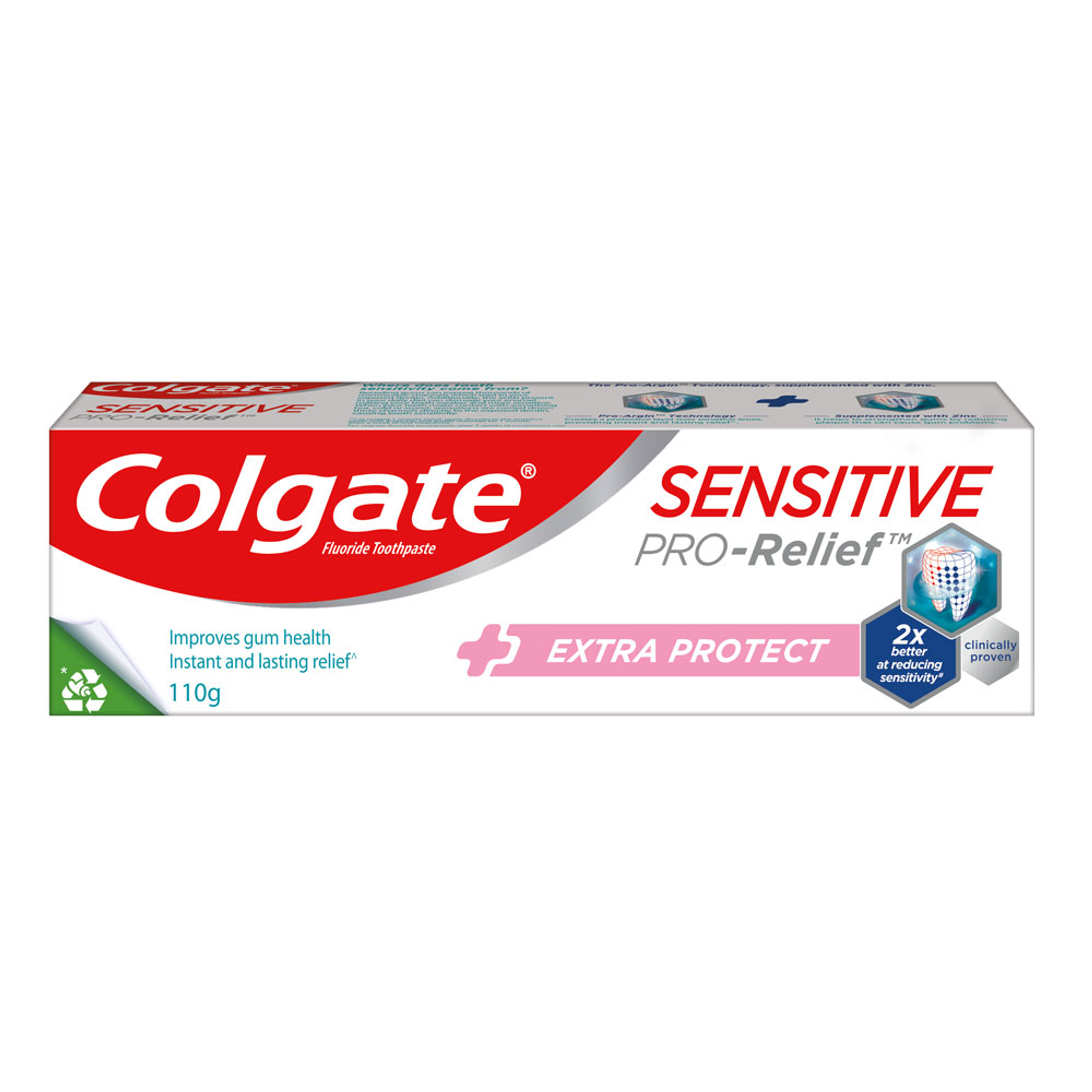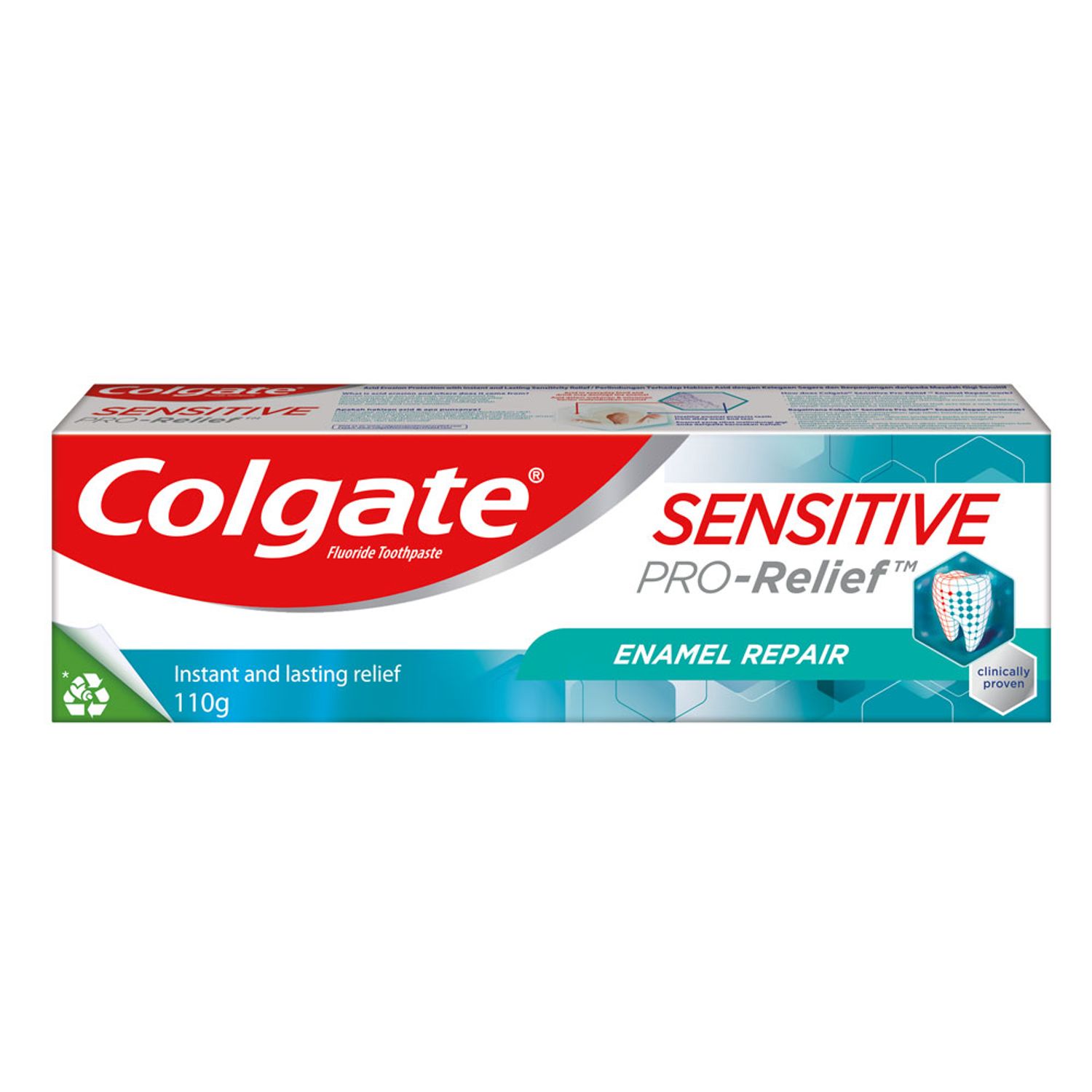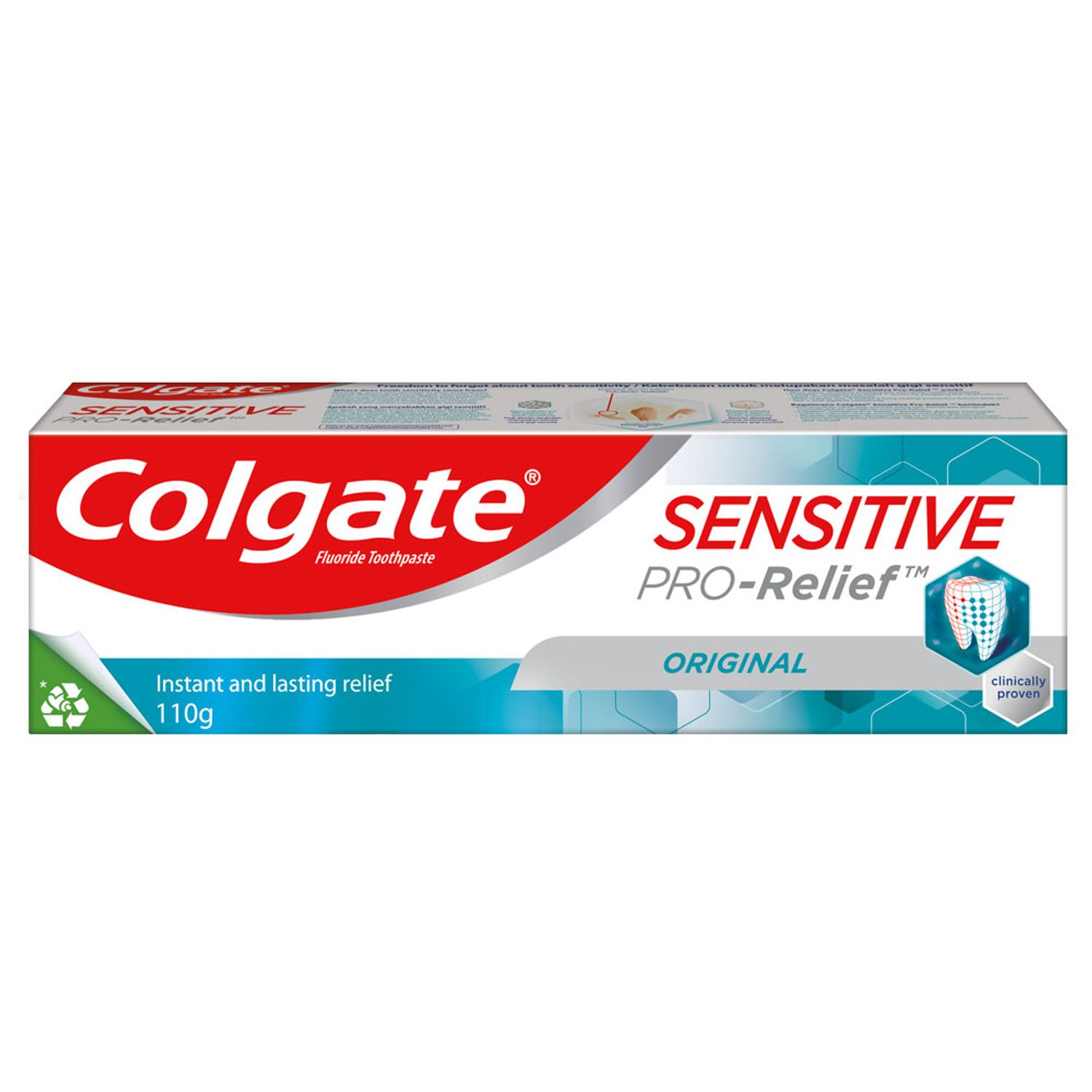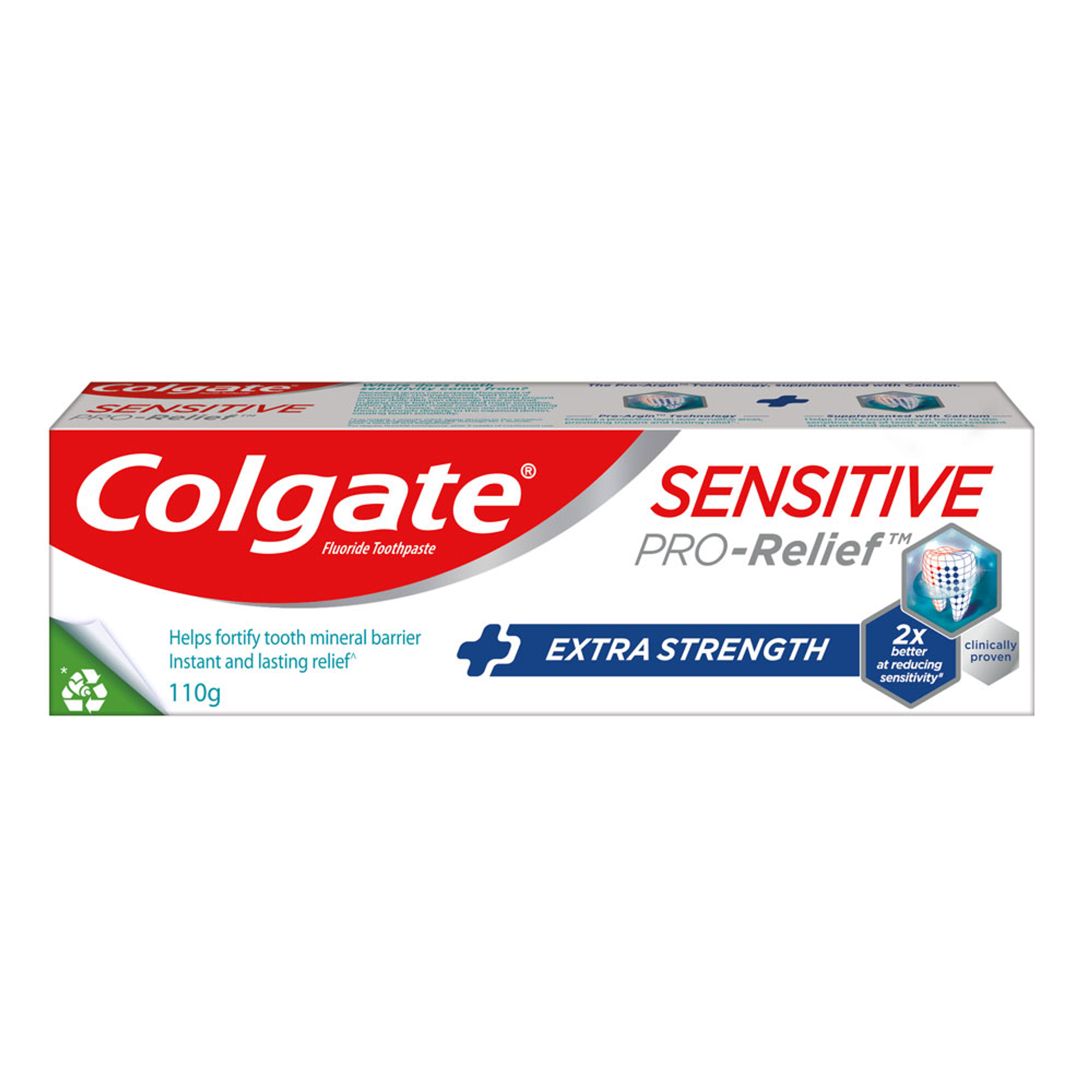What Causes Tooth Sensitivity When Drinking Hot Liquids?
There are various potential causes for your tooth sensitivity, like:
- Tooth decay
Tooth decay is a common problem due to the regular and ready consumption of foods with high sugar content and fermentable carbohydrates. When those things aren't cleaned off your teeth, bacteria feed on them and form plague. In fact, sensitivity to hot and cold foods is often a warning sign that a cavity is forming and it's time to make an appointment to see your dentist.
- Worn tooth enamel
The outer layer of your teeth is a protective surface called enamel. Unlike cavities, erosion is not caused by bacteria. Enamel can erode from an acidic or sugary diet as a result of acid reflux, bulimia, chronic vomiting from pregnancy, alcoholism, it can become weaker as you age, and chlorine can erode your teeth if you're a regular swimmer. According to the American Dental Association in the United States, there are also industrial and occupational risks that can wear away tooth enamel.
- A cracked tooth
A chipped or cracked tooth can expose nerves inside your tooth, causing sensitivity to increase. - Worn or loose fillings
If a filling becomes worn, cracked or loose, it may no longer be effective in protecting the nerves under the area of tooth decay. - Gum disease
According to a large scale oral health survey of Singaporean adults conducted by the Health Promotion Board in 2003, 85% of the adults examined had some form of gum disease. This bacterial infection can cause inflammation of your gums and tooth sensitivity. If untreated, the condition can affect the tissue and bone that support your teeth, causing them to loosen or even fall out.
- Gum recession
When your gums recede, the cementum layer covering your roots can wear away, and the sensitive dentine layer which is underneath becomes exposed. Some gum recession causes include gum disease, overzealous brushing, tobacco use, misaligned teeth, tooth grinding and orthodontic work. - Infection
In some cases, sensitivity can be the result of an infection deep into the tooth. If this is the cause of your sensitivity, your dentist may even suggest a root canal.
What You Can Do To Treat Tooth Sensitivity
In some cases, the causes of tooth sensitivity can be reversed by practicing good oral hygiene. Brush at least twice a day. Floss or clean between your teeth with interdental brushes or water flossers at least once a day; use an antimicrobial mouth rinse and a tongue scraper. And be sure to see your dental professional for regular check-ups so they can catch any developing conditions early.
Depending on the cause and severity of the condition responsible for your tooth sensitivity, your dental professional may recommend a toothpaste or mouth rinse for sensitive teeth. These products contain ingredients that can help you numb your nerve endings and strengthen your tooth enamel.
When Should You Get Professional Treatment?
The American Association of Endodontists in the United States suggests seeing your dental professional if your sensitivity lingers more than 30 seconds after coming in contact with an extreme temperature or if your tooth pain is ongoing or severe. These are all signs that you could have a cavity, exposed nerves, infection or gum disease that's severe enough that you'll need professional treatment, which may include:
- An inlay, bonding or crown placement
If you have a fractured, damaged or decaying tooth, your dental professional may repair it with one of these procedures. - Application of fluoride gel
Fluoride gel will strengthen your tooth enamel and reduce the number of pain signals sent to your brain. - Root canal procedure
Your dental professional may perform a root canal procedure to remove infected or inflamed tooth pulp in the centre of the tooth where the nerves and blood vessels are. Then, they will fill and seal it. - Surgical gum graft
If your gums have receded, a small amount of tissue can be removed from the roof of your mouth and grafted to your gum line.
If you're experiencing sensitivity in your teeth when you're trying to enjoy hot or cold treats, the good news is your condition is treatable. By practicing good oral hygiene, you may be able to reverse the condition on your own. And if you have tooth sensitivity that is ongoing or concerns you, don't wait for your next check-up. Get in for an appointment right away. Your dental professional will be able to diagnose the cause and give you the treatment you need so you can get back to enjoying food and beverages of any temperature. Now, that's something to smile about.














